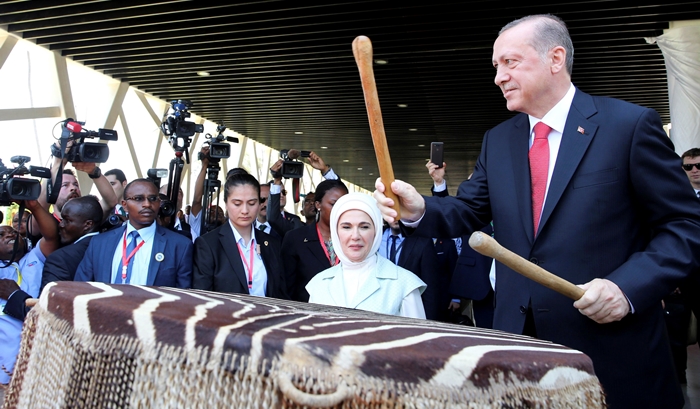Amid a crackdown against critics, including the political opposition and the media, Turkey’s opposition parties are preparing to launch campaigns against a referendum on a transition to an executive presidency in the country.
Online news portal T24 reported that the main opposition Republican People’s Party (CHP), the Peoples’ Democratic Party (HDP) and minor political parties outside Parliament are united against the proposed changes to the constitution, which are supported by the ruling Justice and Development Party (AKP) and the opposition Nationalist Movement Party (MHP).
Gaziantep deputy Ümit Özdağ, who was expelled from the MHP, told T24 that he would open “no” offices across Anatolia.
The CHP will reportedly organize street by street across Turkey to mobilize people to vote against the constitutional amendment package, which will pave the way for an official concentration of power in the hands of the president.
The pro-Kurdish HDP ruled out the possibility of boycotting the referendum. Party spokesman Ayhan Bilgen said over the weekend that for the HDP, the referendum means saying “no” to a state of emergency currently in force in Turkey.
Since a failed coup on July 15, Turkey has been ruled by a state of emergency that curtails rights and freedoms.
Ultranationalist Homeland Party (VP) Chairman Doğu Perinçek will also campaign against the referendum by organizing panel discussions and meetings.
Likewise, the Felicity Party (SP) with same Islamic roots with the AKP is expected to heed its constituency, which is reportedly against the executive presidency.
An old, yet minor, political party, the Democrat Party (DP), is also critical of the proposed changes. Its chairman, Ertan Küçükay, said the amendments will abolish the separation of powers.
A number of veteran jurists and academics have been warning that the amendments will concentrate power in the hands of the president.
President Recep Tayyip Erdoğan, however, is confidant that the people support the change in system from a parliamentary to a presidential model, which was first introduced by him.
Turkey is expected to hold a referendum this spring in the absence of any significant critical media and under the state of emergency.

